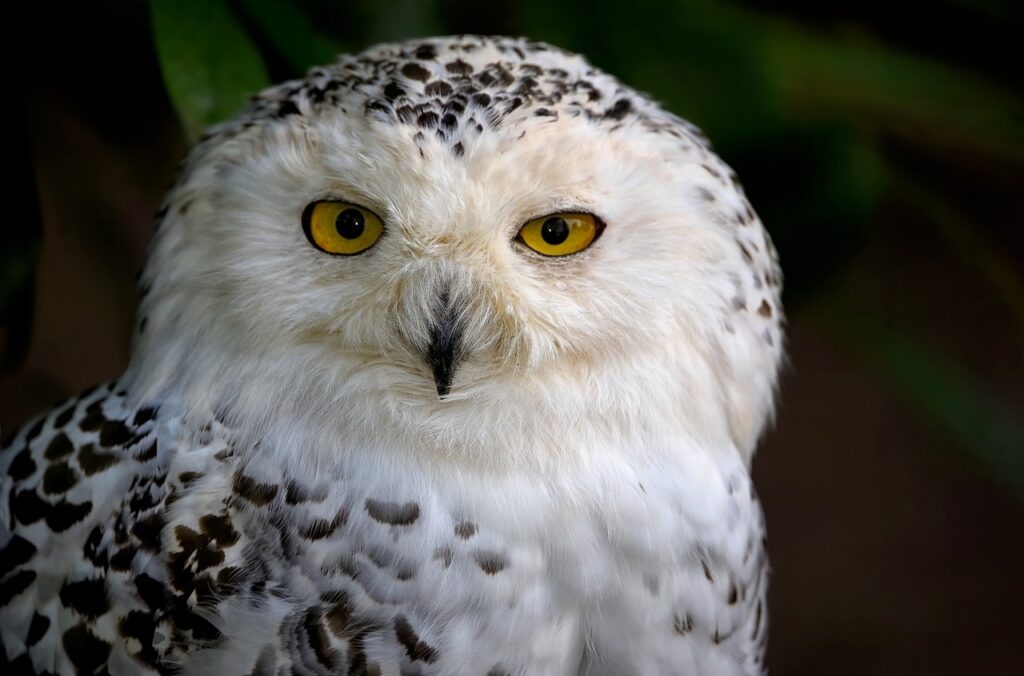The Wise Observer-a tool to develop awareness on the path to a Conscious-Expansive Relationship.

“To become a wise observer of your own life,
you must quiet the noise of the world
and listen to the whispers of your soul.” -Anonymous
Hello friends, new friends, and fellow seekers. Thank you for joining me in pursuing the mysteries of relationships.
Unlocking the mysteries
I’m very excited to share this tool of awareness with you. Why, you may ask? Because it serves as a crucial key capable of unlocking the mysteries within ourselves and between us and our partners. Understanding these mysteries also fosters the potential for increased energy and vitality. Personally, gaining awareness, whether about a small or significant aspect of my life, has consistently resulted in experiences ranging from subtle satisfaction to sheer elation. It brings moments of clarity to areas that were once murky. While we all possess some ability to tap into our wise observer at times, this tool, when practiced more deeply, can offer insights that might otherwise remain unseen.

In this blog, I will be introducing what I believe to be one of the cornerstones of a Conscious Relationship, the Wise Observer. The Wise Observer is an extraordinary tool with the power to unveil the hidden realms of the unconscious and subconscious, bringing them into the bright light of conscious awareness. Think of it as transitioning from autopilot mode to self-directed volition in the journey of life and love.
Throughout time, the heart of human existence lies in awareness, transcending the tumultuous realm of thoughts and emotions. Historically, the Wise Observer was known as the “third eye” by Plato, the observing ego by Freud, and what some Buddhist practitioners call the Wise or Conscious Observer. Some philosophers, like Hegel, argued that without awareness, individuals lack choice and are molded by history, destined to repeat patterns that lead to suffering.
What is the Wise Observer?
The Wise Observer is an objective part within you that attentively observes thoughts, emotions, opinions, beliefs, and behaviors, with the task being to perceive, not create reality. It embodies an awareness free from judgment, whether discerning your emotional state or identifying patterns of behavior of yourself and your couplehood. The ego, by contrast, is subjective and interprets the world more personally, often from a biased, critical perspective. In current society, many of us have a very harsh and judgmental “inner critic” (more on that in an upcoming blog). So don’t confuse the wise observer with the ego and inner critic.
We live in a complex world
Whether it is to survive or thrive, our mind and body must navigate a complex world. It is commonly cited that the brain intricately processes a staggering 11 million bits of information per second. However, the conscious mind, what we are aware of, can only handle 40 to 50 bits of information per second. So the majority of information we take in from our experiences are unconscious.
Clearly the brain has a monumental task to take this constant influx of data, streamline it, and put it into manageable forms. This is done, in part, by synthesizing this data into beliefs and behavioral patterns. Our early experiences in relationships, culture, gender, trauma and personality factors all play a part in the belief systems that are created.
Unfortunately, the beliefs and stories we have about ourselves and others are not always accurate.
The repetition of incoming information creates neural networks in the brain or “loops” of predictable patterns that become automatic as we absorb and synthesize information. As a result, the mind creates stories about ourselves, our partner, and the world. The mind inadvertently leads us to believe that our thoughts constitute an absolute “reality,”. When others (partners) validate our perspectives, it fosters a mutual liking. Conversely, when others or our partners have alternate experiences, we can perceive them as ‘different’ or incorrect. This can result in distancing and conflict. See Blog #4 for more on this.( Link)
It is the unconscious patterns leading to conflict that often create challenges in our relationships. We ask ourselves questions like “Why do I consistently end up with partners who…” or “Why do we repeatedly engage in the same conflicts over and over and end up in the same place?”
Even after 30 years of marriage, my wife, Kathy and I are still uncovering the stories that we make up, which are protective in nature, but nonetheless, distorted.
Enter: The Wise Observer
In my next blog, I will delve deeper into the concept of the Wise Observer.
Thank yourself for the time you are setting aside for this seeking of the mysteries within and between. In addition, I thank you for spending this time with me.
Dr. C.
Questions/Practice Items
- Find a quiet time and space. Each person, separately from the other, writes a description of one pattern you see in your couplehood. Describe how it starts (what verbal and/or nonverbal communication occurs). Then describe how the other responds or reacts, then in turn, how you respond or react to their reaction, etc. Describe the emotions that emerge with each statement and the themes and then how it ends. You are using your wise observer as you move from big picture to the details of ‘seeing’ how it unfolds step by step.
- Come together and talk about it. See if the pattern emerges in the conversation about the pattern. If so, how can you make choices in what you do?